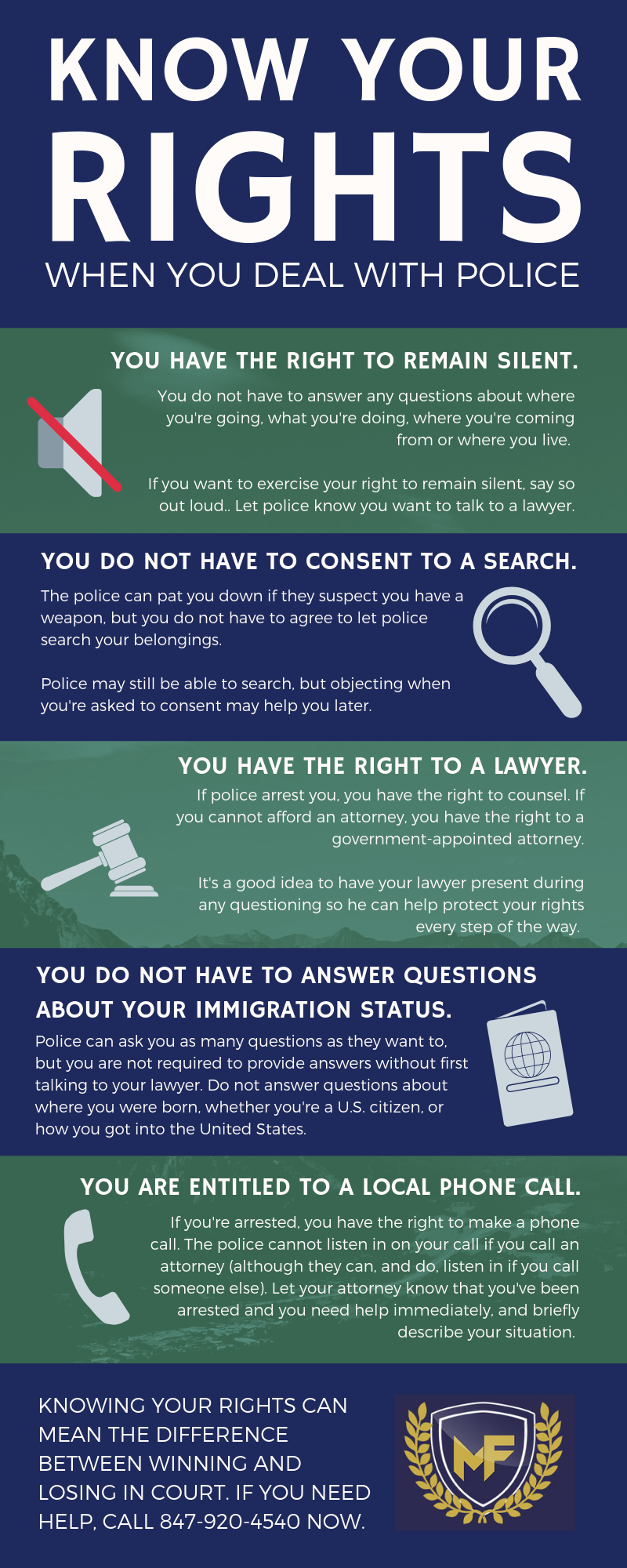Acknowledging The Significant Role That Proof Plays In Criminal Protection Can Make A Considerable Difference; Learn About The Key Elements That May Impact The Resolution Of Your Case
Acknowledging The Significant Role That Proof Plays In Criminal Protection Can Make A Considerable Difference; Learn About The Key Elements That May Impact The Resolution Of Your Case
Blog Article
Post Created By-Medlin White
When you think about criminal defense, proof is often the first thing that enters your mind, and forever reason. It's the structure whereupon your instance stands, forming the story and influencing the jury's assumption. Different kinds of evidence, from physical to electronic, each play an unique duty in developing a defense. However not all evidence is dealt with just as; admissibility criteria can make or damage your protection method. Comprehending these subtleties is crucial, especially when thinking about exactly how they can affect the result of a trial. So, what should you know about these standards?
Sorts of Evidence
When it pertains to criminal defense, understanding the types of evidence can make all the distinction in your instance. Proof falls into a number of classifications, each playing a critical duty in developing the facts of your scenario.
One typical type is testimonial proof, which includes statements made by witnesses. Their accounts can provide understanding right into what took place and can either sustain or test the prosecution's cases.
Physical proof is one more essential type, incorporating tangible things like tools, garments, or finger prints. This sort of evidence can straight link you to a criminal activity or help refute allegations versus you.
Then there's documentary evidence, that includes records, pictures, or any type of written materials essential to your case. These documents can offer a timeline or context that's important for your protection.
Finally, you can not neglect electronic proof, which includes information from smart devices, computers, or social networks. This kind of proof can expose vital info about your activities or communications.
Admissibility Standards
In criminal protection, the admissibility of evidence is critical to your instance's outcome. You'll require to comprehend the standards that figure out whether evidence can be made use of in court. Usually, proof has to be relevant, trusted, and acquired legally to be taken into consideration acceptable.
Significance means the proof needs to directly connect to the instance and help show or negate a reality moot. If it doesn't link to your protection or the costs against you, it may be left out.
Integrity makes sure that the proof is credible and trustworthy; as an example, eyewitness testament can be called into question if the witness has a history of unreliable accounts.
Additionally, Highly recommended Internet page must be gathered in accordance with legal treatments. Any evidence gotten through prohibited ways, such as an illegal search or seizure, may be regarded inadmissible under the exclusionary rule.
Understanding these standards can empower you to work properly with your attorney. They'll browse the intricacies of these policies to reinforce your defense, guaranteeing just the best evidence is presented in your favor.
Always keep in mind, the admissibility of proof can considerably influence the court's perception of your situation.
Effect On Defense Techniques
The admissibility of evidence straight shapes your protection methods. When evidence is regarded acceptable, you can use it to develop a solid case. On the other hand, if proof is ruled inadmissible, you require to pivot your strategy. Comprehending what proof the prosecution can provide assists you expect their arguments and prepares you to counter them successfully.
You'll wish to concentrate on gathering proof that sustains your protection. This might include witness declarations, professional statement, or files that difficulty the prosecution's cases. The goal is to develop reasonable doubt psychological of the jurors. If certain items of evidence are weak or controversial, you might consider a method that highlights various other strong facets of your case.
Additionally, the kind of proof-- whether it's forensic, testimonial, or digital-- will determine just how you connect your defense. You'll require to craft engaging narratives that reverberate with the jury while utilizing acceptable evidence to back up your cases.
Eventually, your approach should be flexible, allowing you to adapt as brand-new evidence comes to light or as rulings are made. Each choice you make need to align with the goal of making sure the most effective possible outcome for your case.
Conclusion
In criminal protection, evidence plays a critical function in shaping your case. By recognizing the various sorts of evidence and their admissibility criteria, you can strengthen your defense strategy and produce practical question in the minds of jurors. Collaborating very closely with your legal counsel guarantees that your evidence exists effectively and adjusts to any new growths during the trial. Eventually, the right evidence can make all the difference in attaining a desirable end result.
